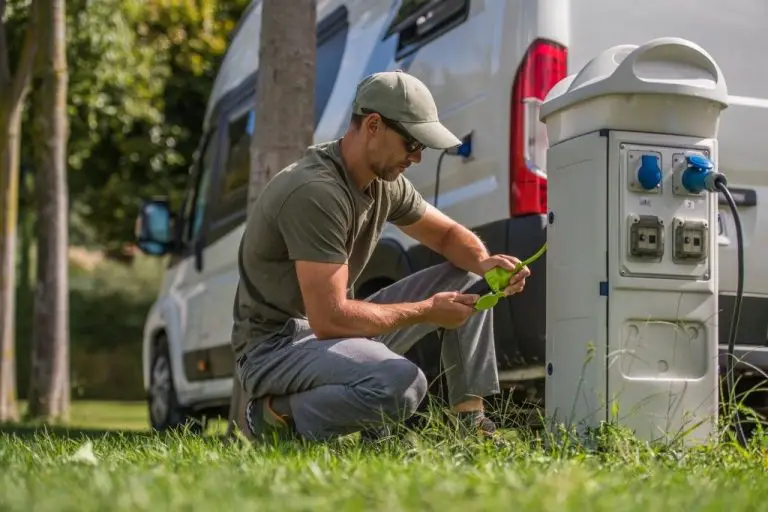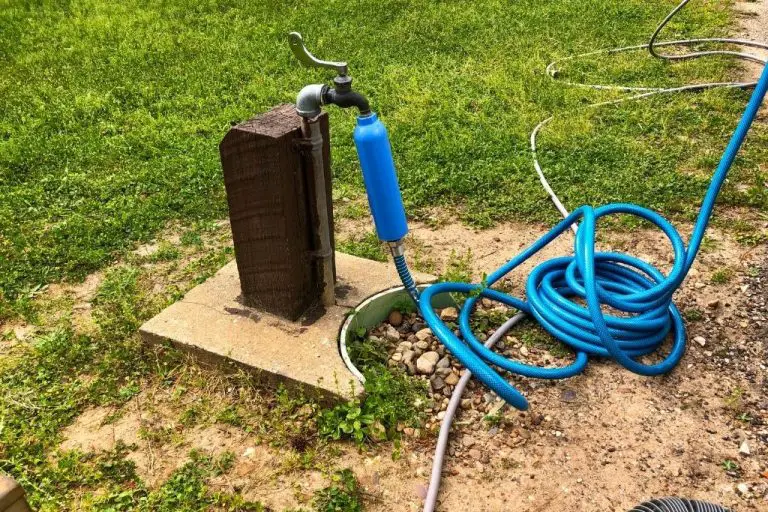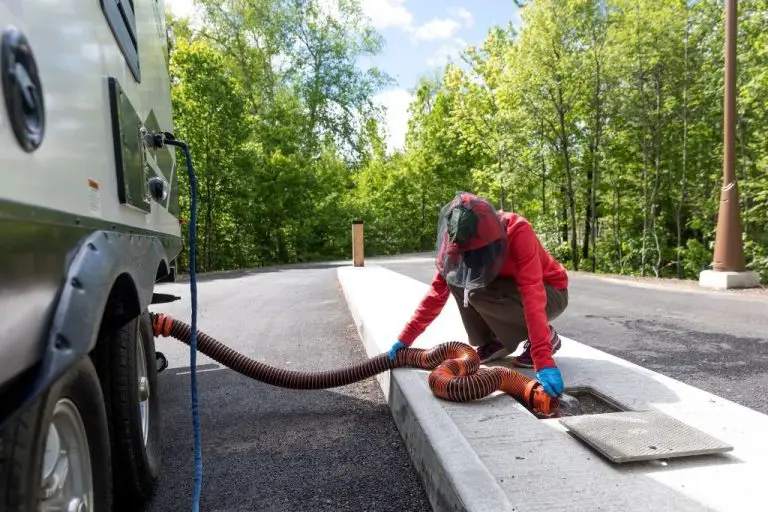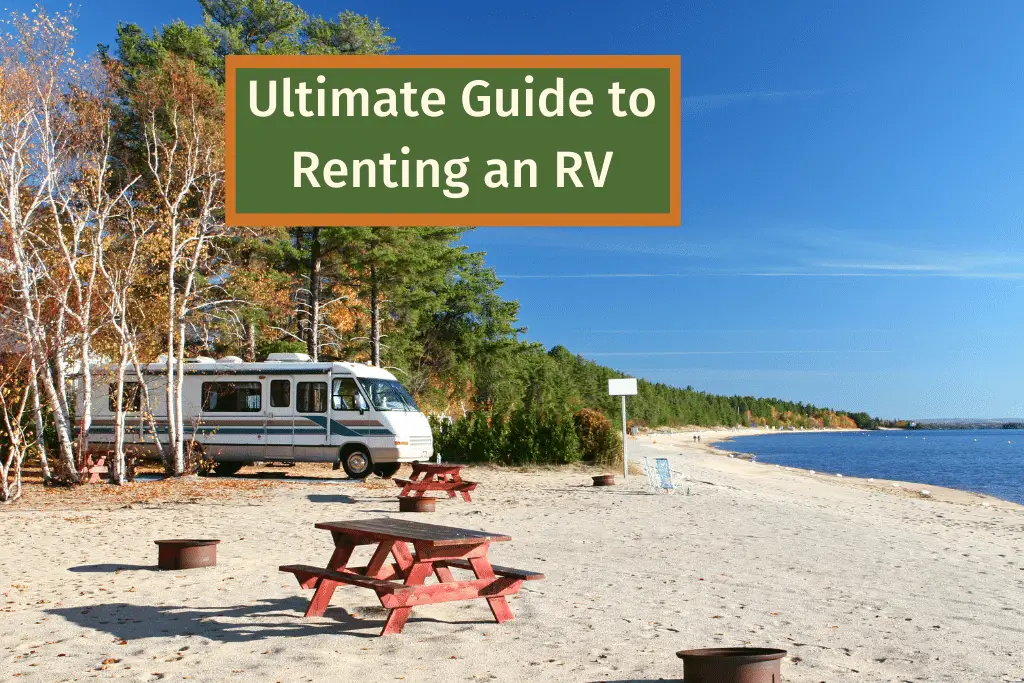Once you’ve been on your first RV rental vacation you’ll be hooked!
Planning your RV Trip
The first step is planning your amazing RV trip! Planning is the best way to get the most out of your RV trip.
Once you’ve decided you want to go on an RV trip you need the answer to these questions, before you can start booking:
What is your Group Size?
You’re going to need to know how many people the RV is going to need to accommodate. RVs are small spaces so you’re going to want to make sure that everyone is up for the trip. Once you know how many people you’ll have sleeping in your RV you can start selecting the right type of RV rental.
Picking the right RV to Rent
Once you know how many people to accommodate you can start the fun part of selecting which type of RV you want to rent.
There are a lot of different types to choose from, but the main distinction is if you want a motorized or towable RV. Depending on your car, you’re most likely going to want a motorized RV to rent. The three basic types of motorized RVs are:
Class A: These are the largest of all RVs, think of a rock stars tour bus and that’s the kind of rig a class A is. They can even have slide outs that increase the outside the living space when parked. These are great for bigger groups.
Class B: These are van conversions, they can vary from small (think VW camper) to a bigger van chassis with a pop up roof. Most have a kitchenette, and bed, if you’re lucky you might even get a toilet. These are best for couples or solo travellers.
Class C: These are like a combination of class A and B, and you can typically spot a class C by the extra cab over the driver’s seat. These RVs probably vary the most in size, and typically have a kitchen and bathroom and a few sleeping combinations. Another one good for families or smaller groups.
If you have a truck or large car you could always consider renting a travel trailer. These vary widely in size and usually have all the amenities you need like a kitchen, dinette, lounge, bathroom and bedroom.
You’re also going to want enough room for everyone to lounge and sleep comfortably. Remember to look at the sleeping set up, just because it says it can sleep 6, it doesn’t mean that it’ll sleep 6 comfortably.
Choose Your Destination
You can pretty much go anywhere in the U.S in an RV. It’s best to plan where you want to go before you go. You need to consider everyone who’s going on the trip, will they enjoy the destination and the activities?
There’s a huge choice of places to stay, a national park, the beach or campsites or a combination of them all. If you are more experienced you could try boondocking.
For beginner RV renters it’s probably easiest to stay at an RV park with all the hookups and a dump station. Some of the easiest campsites to go to are the Kampgrounds of America (KOA) or Reserve America. They have experienced friendly staff and have all the amenities you will need. It might be worth joining an RV Club for a discounted stay.
Set Your Budget
Keep in mind that RV rental, and campsite fees aren’t the only costs you’ll have. Obviously you’re going to have a price in mind, but as you keep adding in things like activities, renting, food and other necessities, the cost can quickly add up.
Other costs to consider when putting your budget together are:
- RV Rental
- Gas for the RV
- Park and Campground Fees
- Food
- Activities
- RV Deposit
- Toiletries
- Insurance
- Propane
- Generators
- Miscellaneous – You’ll want some spending money.
How to Rent an RV
So now you know what type of RV you want to rent and how much you have to spend, let’s get down to business.
So where can you rent RVs from?
There are two main options you can pick from. You can either rent from an RV rental company or directly from an owner, like an RV AirBnB. I’ll run through the two options in more detail:
RV Rental Companies
There are so many RV rental companies in the U.S. Some of the biggest and most well known are:
There are loads more to choose from, a quick Google search will deliver.
When you choose an RV rental company, you can pick up from one of their locations and even drop off at a different location. When you go to collect, the staff will give you a through walkthrough and video orientation. They’ll also let you practice driving before you hire the RV, it’s als useful as you have someone to ring if you need any help.
Pros
- You’ll be able to read previous reviews and research the company you’ll be renting from.
- They have multiple locations, so you should always have a branch within range if you need any help.
- The staff are used to beginner RVers so will give you all the information you’ll need.
- They will be open during working hours so you will be able to call if you have any questions.
- You can also rent accessories like bedding and utensils.
Cons
- The model you want may not be available, and there may be limited availability of models.
- Only motorized RVs would be available, if you want to rent a travel trailer you might have to look elsewhere.
- This option is probably more expensive than the other option, but you will get more help included.
Renting from owners
If you don’t want to rent an RV from a company, you could rent directly from the owner, this option is like Airbnb but with RVs.
The main places to rent direct from owners are:
These companies connect RV renters with owners, they also provide the contract and insurance arrangements.
Pros
- There will be every time of RV under the sun out there to choose from.
- Online support
- Cheaper than renting from an RV rental company.
Cons
- There isn’t likely to be a formal hand over, they may be harder to get in touch with if you have any questions.
- You’ll have to take the RV back to the same location at the end of your trip.
Before you go to take away your rental RV, make sure you write a list of questions (if you have any), don’t forget to ask how to do something if you’re unsure.
I’ve listed the 10 best questions to ask before renting your first RV:
- What fuel does the RV use?
- Is roadside assistance included? If so what are the details.
- What should the tire pressure be?
- When were the tires last replaced?
- When was the last time the RV was serviced?
- How do you connect the hookups?
- How do I empty the toilet?
- Is there a manual?
- Is there an emergency contact number?
- How do I get my deposit back?
Ask for a run through for how everything works from dumping the waste to levelling the RV.
When you take out the RV for the first time remember that it’s not like driving a car. Gusts of wind will feel like the hulk has just run into the side of you. If it’s windy remember to take it slow, and drive at a safe speed so you don’t get knocked into another car.
The RV rental will also take longer to stop than your car, plus it will have a lot of items in the back that will move if you break too hard. You can’t slam on the brakes, an RV is big and heavy so it takes a lot to stop.
Because the RV is so big, you’re going to have to take corners very slowly. The height of RVs make them very susceptible to tipping over.
Another point to remember when driving is that parking an RV is very different to parking a car. You might even have to call or google ahead to check there’s parking for you. It’s also important that the parking is on level ground, the appliances in the RV need to be level to work properly.
If you’ve never rented an RV before you’re going to want to find out how to empty the toilets. I know this isn’t something you really want to be doing on your vacation, but you’re going to have to get your hands dirty. It will be even worse if your toilet backs up.
How much does renting an RV cost?
There are a lot of variants to this question, it will depend on the type of RV, season, how far you’re travelling, the campsite fees and activities.
The average price to rent an RV in the summer is:
Pop Up Trailer: $50 to $100 per night
Travel Trailer: $50 to $125 per night
Fifth Wheel: $60 to $150 per night
Class A: $175 to $275 per night
Class B: $100 to $200 per night
Class C: $150 to $200 per night
Information courtesy of Outdoorsy
Make sure that you read through the fine print for your RV rental, there can be minimum rental terms, minimum age requirements, are pets allowed etc. You should also be able to find out what the deposit is and if there are any additional charges.
When you go to rent an RV you’ll have to put down a deposit. You’ll get this back on return of the RV – presuming it’s returned intact and undamaged.
You’re also responsible for the insurance – this is not optional when renting an RV. Some of the larger companies might include the insurance but you need to check the fine print and get your own if it’s not included.
Remember to budget for gas! Depending on where you’re traveling to this could be a big chunk. RVs average about 8 to 10 miles per gallon so you should be able to work out a figure to budget.
Also remember to compare pricing, get a few different quotes in from a few different companies to make sure that you’re paying a fair price. The more prices you get the better you’ll know what you should be paying.
What do You Need to Provide to Rent an RV
Like most car rentals you will need to provide documentation before you can drive away. You’ll need to show:
- Drivers license for all drivers.
- Completed contracts, payments, and security deposit.
- If you are responsible for the insurance you will have to provide liability insurance coverage.
How to find the best RV Campsites
Now that you have your RV sorted you need to find a campsite so stay in. You’ll need to think about what your budget is again, as well as what activities you want to do, locations and the amenities that you want.
There are loads of great resources available to find camping spots, you’ll be surprised how many there are. Campendium is a great website that shows you a map with all the RV parks locations. There are also reviews for each location left by fellow RVers.
HipCamp is another great website that shows a variety of alternative camping locations like ranches, farms and vineyards.
To find the best campsites, use the filter options so you’re only showing the relevant sites to you. It goes without saying, but read the recent reviews, you’ll find out way more about the campsite from the reviews than the website.
Finally to get the best campsites don’t forget to make a reservation, the last thing you want is to turn up and find out that there are no spots left.
RV Hookups and Maintenance
RV Hookups and maintenance can seem really daunting for beginners, but it doesn’t have to be!
When you get to your campsite take a walk around and have a look for the hookups. You’re going to want a power hookup and a water hookup and a sewer outlet.

1. Electricity
The electric hookup is needed to run all of your electrical equipment in the RV, like appliances, lights, TV, fans, heating etc.
Rvs have a 12V battery that the electrical equipment use to work, however some of the larger appliances will need a power source connected.
When you have found the power hookup for your site:
- Turn off the breaker on the power supply box at the campsite.
- Take the plug from your RV (this should be provided) and connect it to the power box. You might need an extender cable and/or an RV plug adapter.
- Turn the breaker back on.
- Voila – you should be connected!



2. Water
You’ll need a water hookup for showers, dishes, flushing the toilet etc. Take bottled water to drink from as you don’t know how fresh the hookup will be.
The water hookup is pretty simple:
- Take the water hose and the water pressure regulator (this should be provided)
- Connect these two together and to the water source.
- Connect the other end of the hose to your RV.
- Switch the rig to city water – you want to turn the water tank supply off.
- You now have a water supply.



3. Sewer
Not all sites offer a sewer hookup, you might have to stop off at a dumping station on your way home. But if you do have a sewer connection here’s how to get connected:
- Put on some gloves, if anything goes wrong you’ll be glad you have gloves on – unless it gets inside your gloves, but that’s another story 😉
- Check your grey and black tank pulls to make sure that they are closed and get your sewer hose (this should be provided).
- Connect the open end of the hose to the RV drain spout.
- You then want to connect the elbow that attaches to the sewer drain to the other end of the hose.
- Attach the elbow to the sewer drain – sometime you screw this in.
- You should be hooked up.
RV hookups are pretty straight forward, they are designed to be as ‘plug and play’ as they can be. If you are unsure you can always ask a member of staff at the campsite for help and they’ll you get hooked up in no time.
Packing for your RV Rental Trip
Obviously packing for your trip will depend on where you’re going, the weather and your personal preferences. Just remember that space can be limited so don’t pack too much. A rough list of things to pack for an RV trip are:
- Clothes – don’t bring too much, there is probably going to be a laundry service on site.
- Food – your likely to be cooking most meals in your RV so bring enough food. Don’t forget the marshmallows, chocolate and graham crackers for the campfire.
- Towels – bring a towel for each person.
- Bedding – check this isn’t included before you bring some.
- Toiletries – You’ll need all your toiletries.
- Games – it’s a good idea to pack a few card or board games incase of the weather. A frisbee and football are also a good idea.
It’s a good idea to make a checklist before you start packing and check things off as you go, that way you won’t forget anything.
If you need any tips for RV supplies check this article out.
Final thoughts
I hope you find this article useful and give RVing a go! It can seem like a lot at first but once you get out on the open road and into nature you’ll fall in love with it.
There is a reason why RVing is becoming America’s favourite vacation – because it’s awesome!


